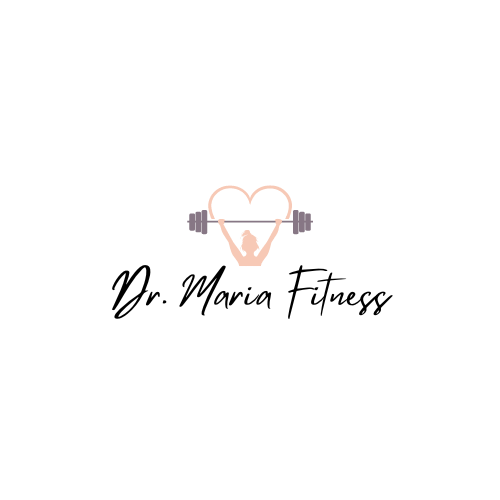Healthy Snacking For A Healthy Pregnancy & Postpartum Healing: Tips To Eat Healthy Plus Snack Ideas
We all know that maintaining a healthy diet is important for everyone, but it’s even more vital during pregnancy and the postpartum recovery period. During this time your body is going through many changes; a healthy diet can help you adjust to these changes. You want to pay careful attention to what you are eating as your diet not only impacts you, but your growing baby’s health.
Maintaining a healthy diet during pregnancy and the postpartum period can:
Help with baby’s brain and organ development
Provide you with much needed energy
Help prevent nausea and heartburn
Help you adjust to hormone fluctuations
Help with healthy weight gain during pregnancy and your postpartum weight loss journey
Provide you with nutrients needed to support your breastfeeding journey
The most important thing that you can do for your body during pregnancy and postpartum is eat healthy foods and get enough nutrients; snacking can help you get those extra nutrients your body needs during this time.
Healthy snacks can help you meet the increased calorie, protein and iron requirements of pregnancy. Snacks are also important during the postpartum recovery period because they provide energy to help you recover from childbirth. It's a good idea to eat 3 small meals and 2-3 snacks in between meals to help you meet your needs.
You can add snacks to your diet to help fight nausea, boost energy, and keep your blood sugar stable. A snack may be a meal or just a small portion of food eaten between meals.
Eating small amounts throughout the day helps keep blood sugar levels stable, which can help prevent gestational diabetes during pregnancy and hypoglycemia after giving birth.
Snacking reduces hunger, which may help prevent overeating at meals, which is important for moms on their postpartum weightless journey. Snacks are also a great way to include nutritious foods into your diet that will help support your breastfeeding journey if you are nursing.
The key to snacking is choosing healthy snacks that are high in nutrients but low in calories and fat. Eat a variety of healthy snacks throughout the day instead of eating only one type of snack every day (such as sweets or chips).
The following recommendations can help you choose nutritious snacks:
Choose whole grains such as oats, brown rice and whole wheat bread instead of refined grains such as white rice or white flour products like cookies, cakes and crackers.
Stay away from sugary snacks, such as brownies and cookies as these tend to have limited to no nutritional value
Don’t eat empty calories; choose foods with high nutritional value to help you meet your nutrient needs
Foods and nutrients to include in your diet during this time:
Iron to help prevent anemia
Folic acid & Folate to help prevent birth brain and spinal defects
Fiber to help with common pregnancy and postpartum constipation, promote heart health, and help reduce risk of preeclampsia
Protein to help with baby's development and help prevent muscle fatigue during pregnancy and after giving birth
Potassium to help maintain balance of fluids and electrolytes which can help reduce gestational diabetes. It can also help with decreasing muscle cramps
Calcium to promote bone health and help prevent preterm birth
Check out these healthy snack ideas:
Fruit smoothie or fruit juice with yogurt
Dried fruit + trail mix
Vegetable sticks (carrots, celery) with hummus or low-fat dip
Low-fat crackers with cheese or peanut butter
Baby carrots and bell peppers with hummus
Yogurt with granola or nuts
Granola bars with fruit or nuts
Whole-grain crackers with peanut butter or cheese
For a full list of snack ideas with full recipes that include the vital nutrients listed above, check this out.
During this time you want to eat the right foods to keep you and baby healthy. Choosing foods that are specific to the needs of the pregnant and postpartum body is extremely important. So use these ideas as you are planning out your meals during this special time.
The information contained in this article is for educational and informational purposes only and is not intended as health or medical advice. Always consult a physician or other qualified health provider regarding any questions you may have about a medical condition or health objectives.


